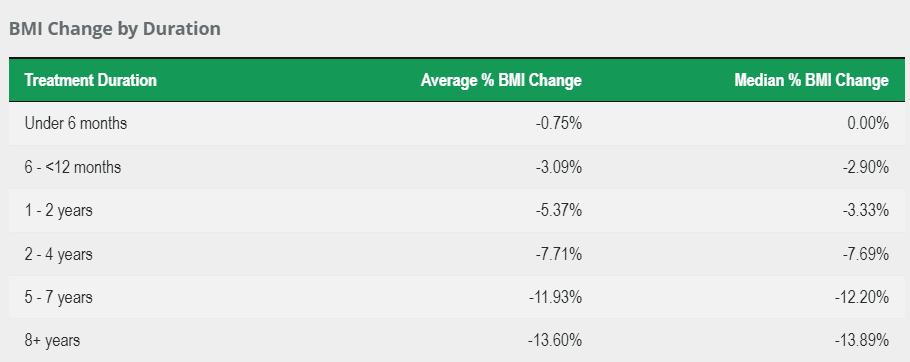Obesity is a complex disease, not a lifestyle choice. While nutrition and fitness are important components of health, they don’t have the power to reverse metabolic dysfunction that causes obesity.
Weight Imbalances
Results from 2300+ Patients
Our clinic focuses on a healthy metabolism. We don’t prescribe deprivation diets or under-fueled exercise.
Eliminating food groups, counting calories and fasting doesn’t work long-term and harms your metabolism over time.
We reframe obesity as a multi-metabolic and hormonal disease state.
We provide expert evaluation and treatment recommendations to target underlying metabolic pathophysiology.




